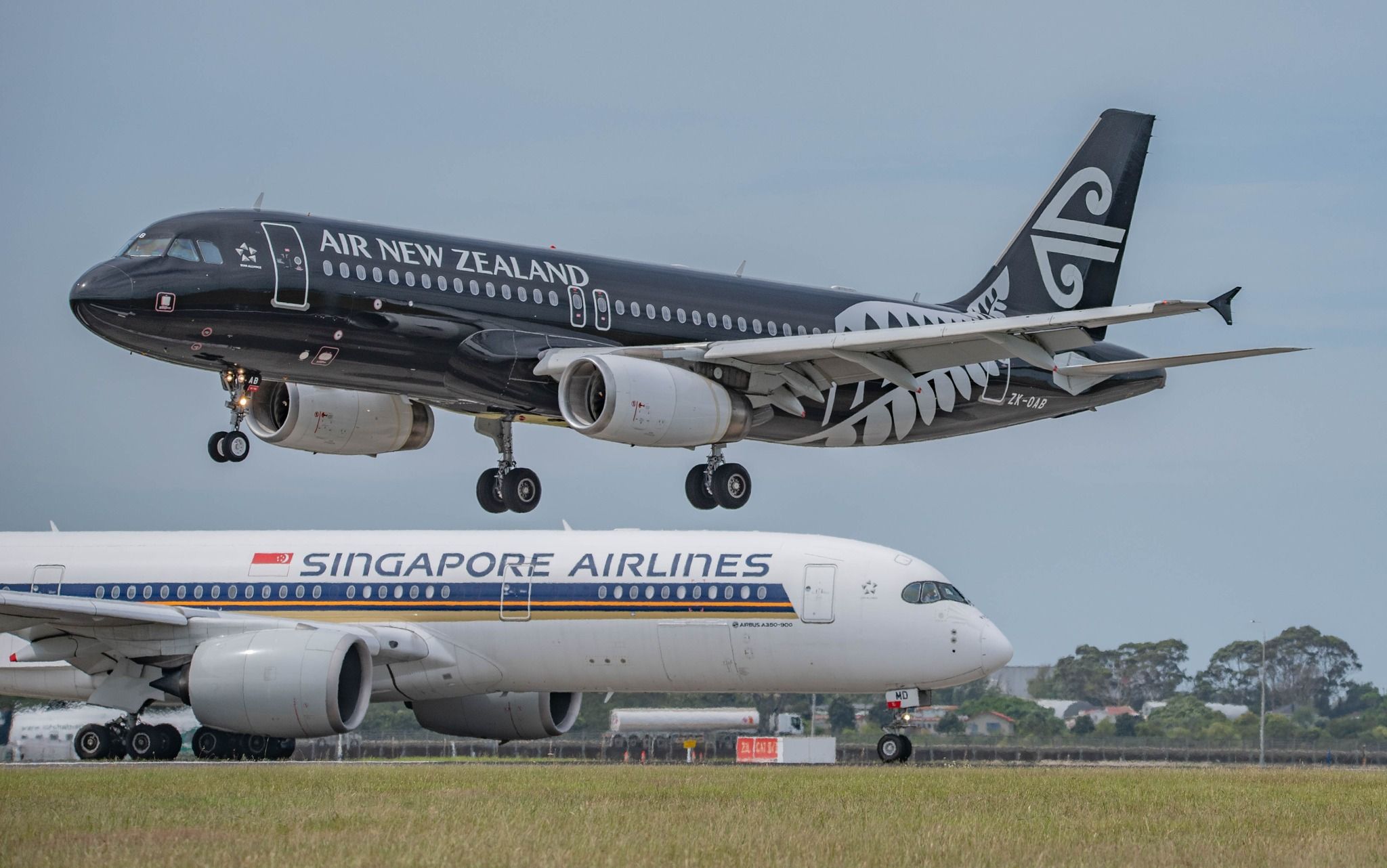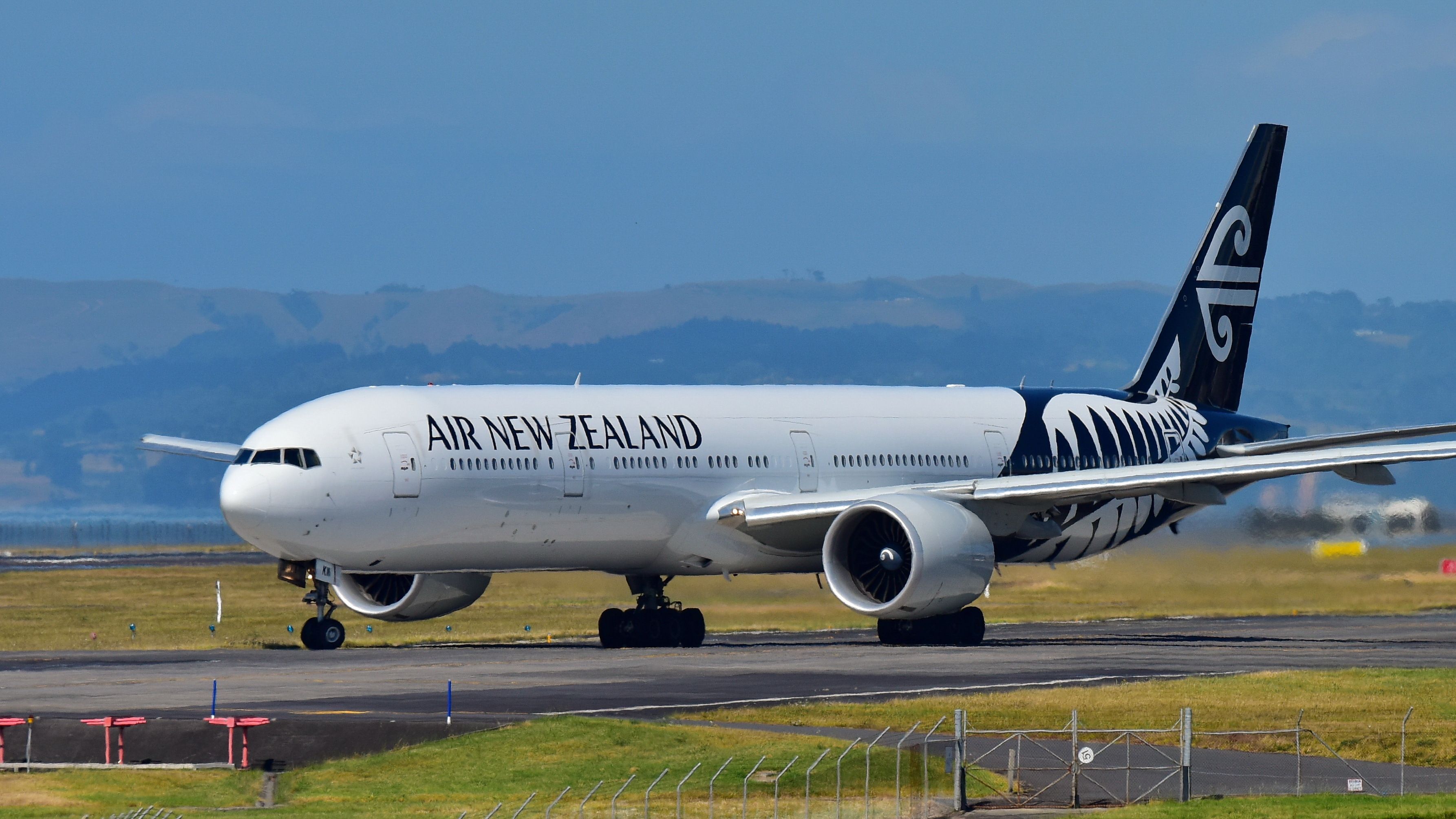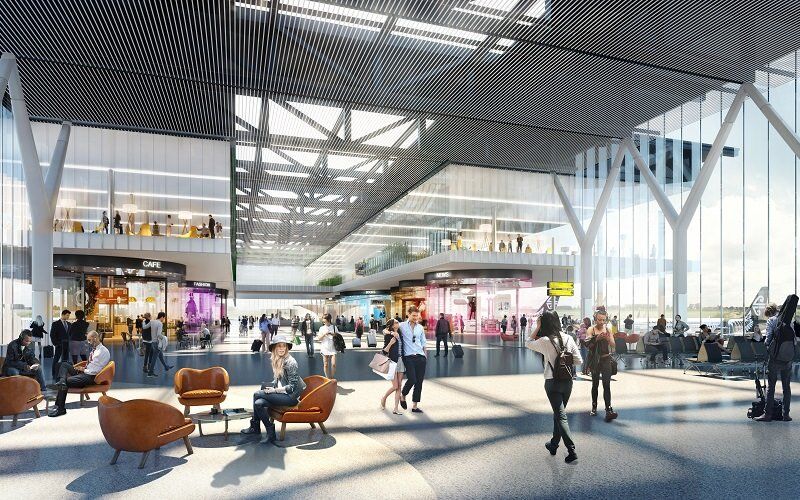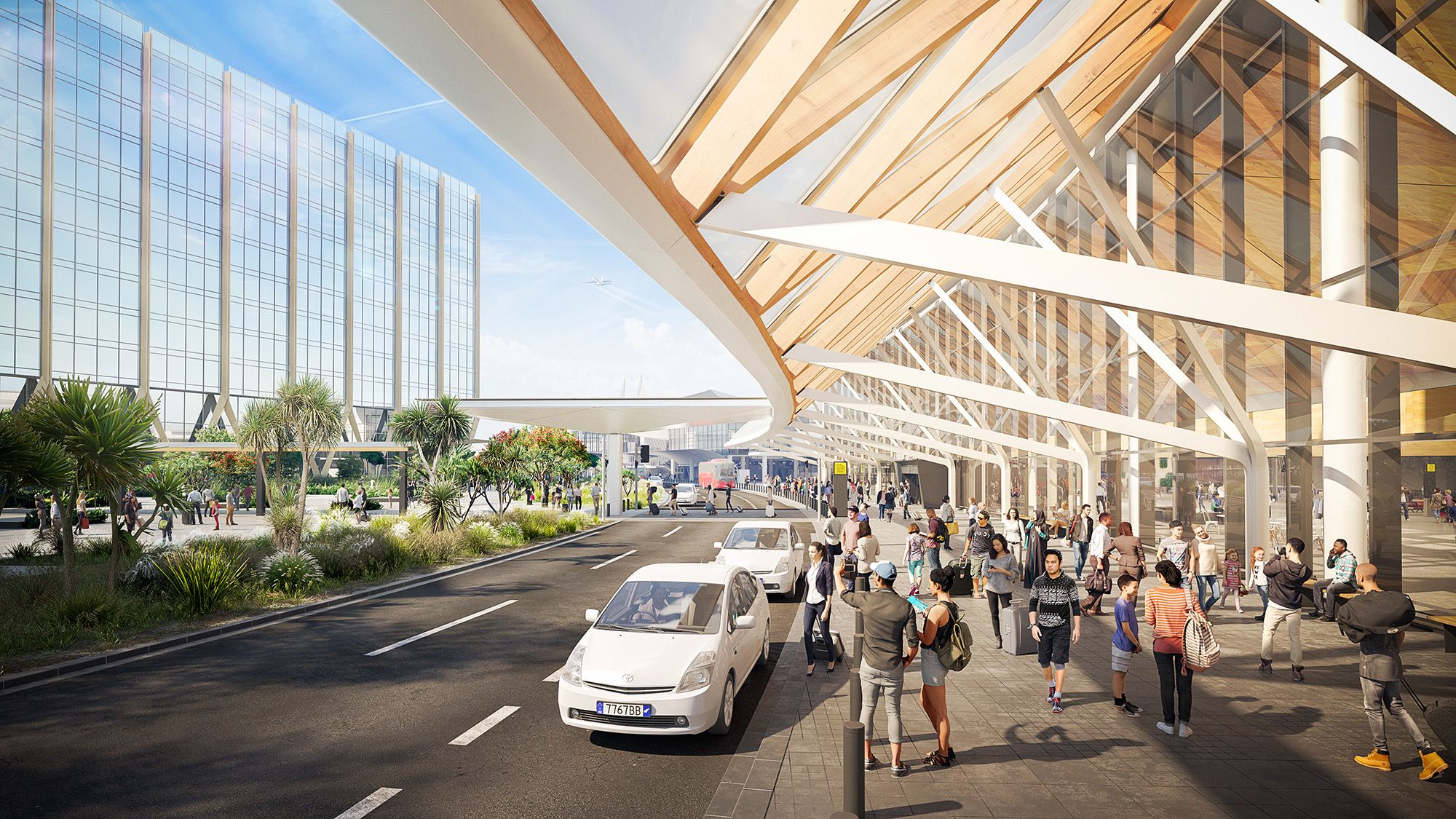Summary
- Auckland Airport experienced a significant increase in passenger numbers and revenue in FY23, despite a 77% decrease in reported profit after tax.
- The airport plans to proceed with a multi-billion dollar terminal upgrade, despite opposition from major airlines regarding the cost and scale of the project.
- Airport charges are set to increase in the coming years with a review by the Commerce Commission currently underway.
It is strange days indeed at New Zealand's gateway Auckland Airport (AKL). This week, the airport announced that compared to last financial year passenger numbers rose by 183%, revenue was up by 108%, reported profit after tax was down by 77%, and it would ignore its major airline customers and plow ahead with a multi-billion dollar terminal upgrade paid for by increased charges.
A strong second half is a good sign for FY24
In the twelve months ended June 30, 2023 (FY23), Auckland Airport handled 15.9 million passengers, up from 5.6 million in FY22 and just 75% of the 21.1 million processed in FY 2019. It reported an underlying net profit after tax of NZ$148.1 million ($92m) and a reported profit after tax of NZ$43.2 million ($26.8m).
This compared to an FY22 net underlying loss after tax of NZ$11.6 million ($7.2m) and a reported profit after tax of NZ$191.6 million ($119m). Year-on-year revenue grew 108% from NZ$300.3 million ($186.5m) in FY22 to NZ$625.9 million ($388.7m) this year.
Of the 15.9 million passengers there were 8.1 million on domestic services and 7.9 million traveling internationally compared to 4.3 million and 1.3 million in FY22. By the end of June international seat capacity had recovered to 90% and domestic to 89% of pre-pandemic levels, with freight capacity reaching 95%.
Auckland Airport CEO Carrie Hurihaganui said the airport still had some way to go, but it was a fantastic turnaround for an industry that was in dire straits two years ago. She added it will be a busy summer with current projections showing capacity between Auckland and North America set to exceed 2019 levels with a 29% increase forecast for the November to May period.
"Air New Zealand now flies into seven North American cities including its flagship New York service, joined by Qantas on the same route from June 2023. Hawaiian Airlines, Air Canada, United Airlines and American Airlines reconnecting into Auckland will be joined by Delta Air Lines from October.
"There was plenty of activity on the trans-Tasman route, by far our biggest international market, which is back to 96% of pre-pandemic capacity. Air New Zealand, Qantas and Jetstar have been joined by AirAsia X between Auckland and Sydney with Batik Air starting on the Perth route."
Discover more aviation news for Australia and Oceania here.
What about the new terminal?
In March, the airport determined it was going ahead with a NZ$2.2 billion ($1.37b) integrated domestic terminal as part of a wider airport construction program costing around NZ$3.9 billion ($2.44b). There is no disagreement that a new terminal is badly needed, but the two major airlines, Air New Zealand and Qantas, and the Board of Airline Representatives of New Zealand (BARNZ) are vehemently opposed to the size and cost of the project.
Hurihaganui said that while she could appreciate their concerns about the cost there had been extensive consultation, including producing over 21 concept designs for a new domestic terminal since 2012. The airlines want to stay in the current terminal well beyond 2030 and for more designs to be considered, but the CEO said that's not an option.
"After a decade of careful analysis, we are confident our infrastructure plans are in the best interests of all airport users, but we will always include refinements proposed by our airline partners where they are viable and make sense."
Airport charges are set in four-year cycles, with prices for the 2023 to 2027 financial years coming into force on July 1 this year. In its announcement on August 24, the airport said that domestic charges, which have risen from a low base of $6.75 ($4.19) per passenger will increase to NZ$10.25 ($6.36) over the 2024 financial year.
The new aeronautical charges are now being independently reviewed by New Zealand's competition regulator, the Commerce Commission and the airport said it will not comment further until that review is completed. The airport is going through a generational change and committing billions of dollars to infrastructure projects that will position Auckland for decades of growth.
But with the acrimony from its major airline partners and high investment costs it seems there will be plenty of turbulence to overcome in the coming decade.
What do you think about this? Let us know in the comments.





